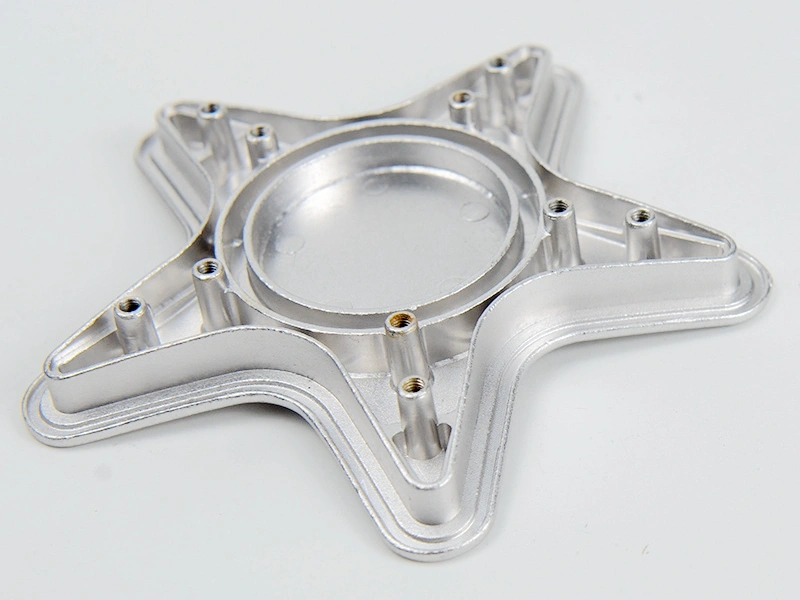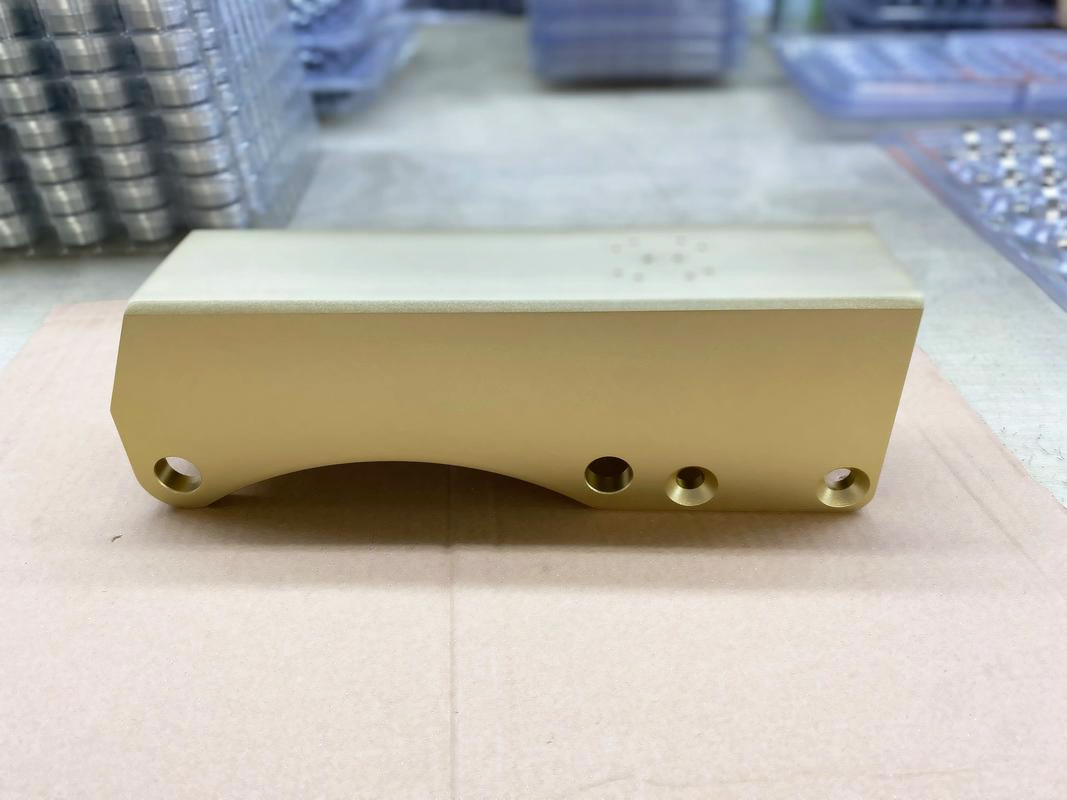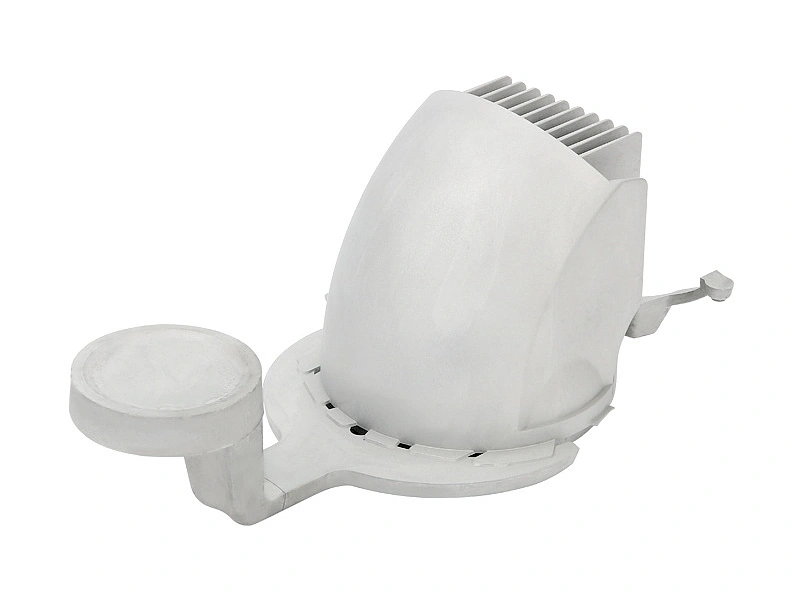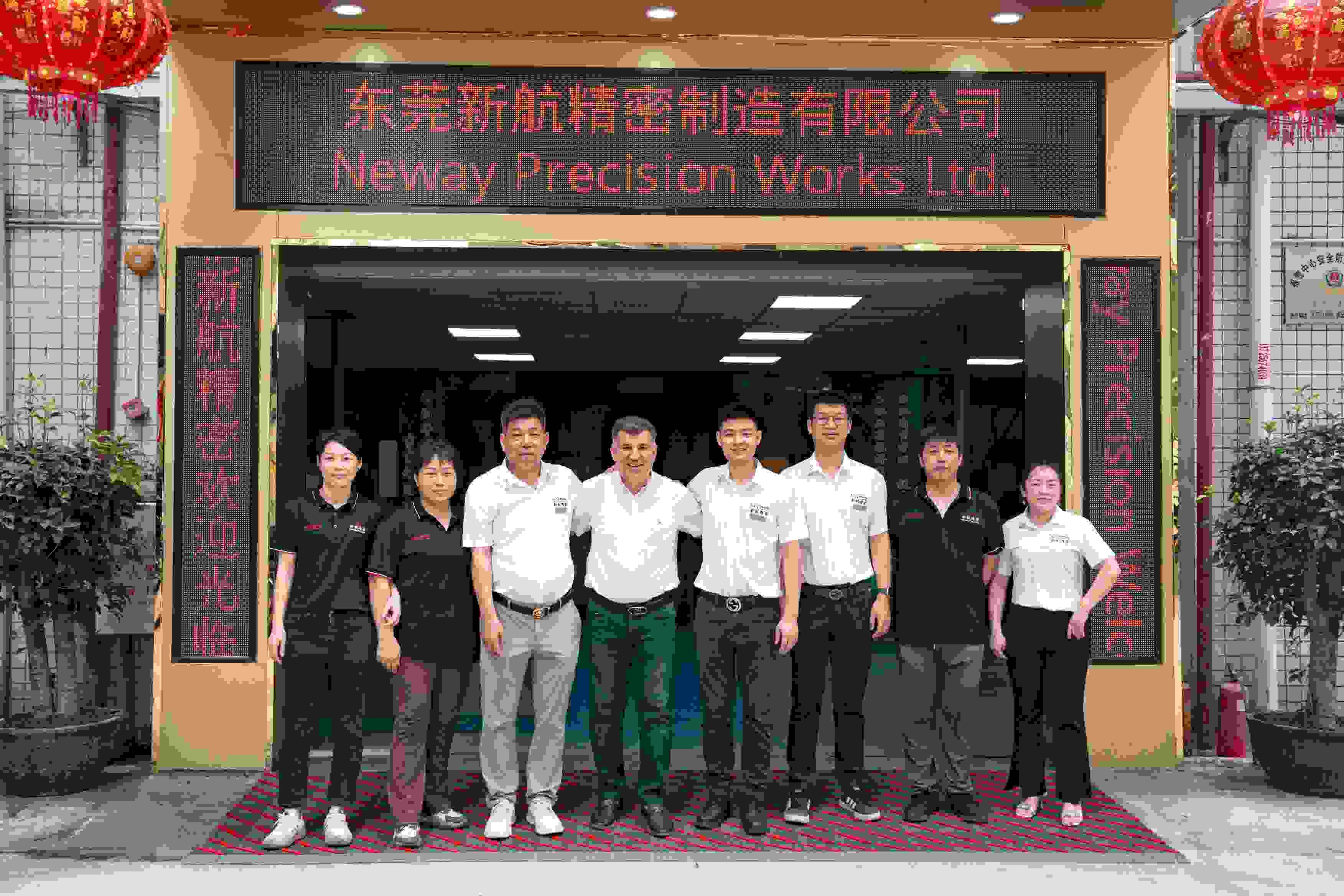What is the standard wall thickness for aluminum die cast electronics housings?
What Is the Standard Wall Thickness for Aluminum Die Cast Electronics Housings?
Typical Wall Thickness Range for Electronics Enclosures
The standard wall thickness for aluminum die cast electronics housings generally falls between 1.5 mm and 3.5 mm, depending on design complexity, casting method, and performance requirements. For high-precision enclosures using alloys like A380 or ADC12, a nominal wall thickness of 2.0 mm to 2.5 mm is common. This provides a balance between structural integrity, heat dissipation, and weight.
Factors That Influence Wall Thickness
Several key factors affect the optimal wall thickness of aluminum electronics housings:
Alloy Properties: Alloys such as A360 offer better fluidity and corrosion resistance, allowing thinner walls without sacrificing quality.
Part Size and Complexity: Larger or more intricate housings may require thicker walls (up to 3.5 mm) to ensure uniform metal flow and avoid internal porosity.
Thermal Management Needs: For components that must dissipate heat—such as power electronics—wall thickness may be increased slightly or modified with integrated cooling fins.
Casting Method and Tooling Precision: High-pressure die casting and tight tool and die control enable uniform walls as thin as 1.0 mm in localized areas without compromising structural integrity.
Minimum Achievable Thickness
With optimized tooling and material flow, Neway can achieve localized wall thicknesses down to 1.0 mm, especially with high-fluidity alloys like AlSi10Mg or AlZn10Si8Mg. However, for consistent mass production with high yield, 1.5 mm is recommended as the minimum design target.
Recommended Services for Precision Electronics Housing Production
Neway supports electronics customers with complete die casting and finishing solutions for enclosures:
Aluminum Die Casting: Produce thin-walled, thermally efficient housings with consistent quality.
Post-Machining: Add precise features such as mounting holes, connector ports, and sealing grooves.
Powder Coating or Anodizing: Enhance durability, corrosion resistance, and appearance for end-use environments.
Our engineering team also assists with DFM (design for manufacturability) to optimize wall thickness and casting performance for high-volume electronic applications.



